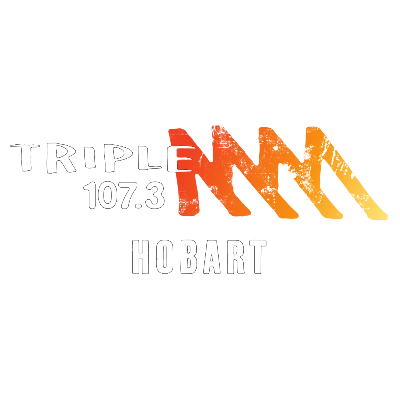There is no doubt that the current economic market cycle is creating uncertainty when it comes to planning for retirement. In the current environment it is important that your financial plan is robust enough to ensure economic conditions don’t get in the way of your retirement goals.
After twelve interest rate rises since May 2022 it has been widely stated that the RBA have gone too far with their interest rate rising cycle, with the official cash rate being 4.1% at the time of writing. Further, the RBA have indicated that even though the inflation rate is starting to fall, there may be more rate rises to come.
It is widely speculated that Australia and other developed economies will follow New Zealand and may go into recession. Speculation is being fuelled by the U.S. bond yield curve inverting. An inverted yield curve is when short-term bond rates are higher than long term bond rates. This is a leading indicator used by economists and investors to predict recession. The likelihood of entering recession will become more apparent over the coming months, consequently we might see heightened levels of financial market volatility as the RBA releases economic information.
During recession, generally some assets classes do better than others. Given this, and the current economic environment, it is wise to review your investments to ensure your money is invested appropriately for your situation and the uncertain economic challenges ahead.
When you are near, or in, retirement protecting your super balance becomes equally, if not more important than chasing high returns. Understanding how your super is invested is crucial. On average, most Australians are invested in default balanced investment funds which hold approximately 70% of your money in growth assets (risky) and approximately 30% in defensive assets (safer). To some people this mix of growth and defensive might be too risky. The more you have invested in growth assets, typically the more volatile your portfolio will be.
Equally important to reviewing your investments, is having a plan to fund your income in retirement. History shows that recessions have been short lived, with the average life of a recession being one year or less. In most cases, money inside super will be invested in assets that are subject to volatility and during times of economic slowdown some assets will fall in value. If your super balance falls and you need to draw income from your super, it can impact your balance in the long-term. This is because when your super fund sells assets to fund your regular income, it must sell down a larger portion of assets to fund the same amount of income. This results in your balance reducing faster than expected over time. The good news it that it is possible to mitigate this risk.
Over the next twelve months and beyond, it is important to ensure that your money is invested appropriately for you and future economic conditions.
Talk to your Financial Adviser today to ensure that your stage of life and financial goals are aligned with how your retirement savings are invested. If you do not have a Financial Adviser, we welcome you to book an appointment with Elevate Wealth. As one of Hobart’s leading Advice firms, we are passionate about helping our fellow Tasmanians.
Any general advice in the publication has been prepared without taking into account your objectives, financial situation or needs. Before you act on any general advice in this publication, you should consider whether it is appropriate to your individual circumstances. Please seek personal advice prior to acting on this information.
Damian Gibson, Partner & Financial Adviser, Elevate Wealth





